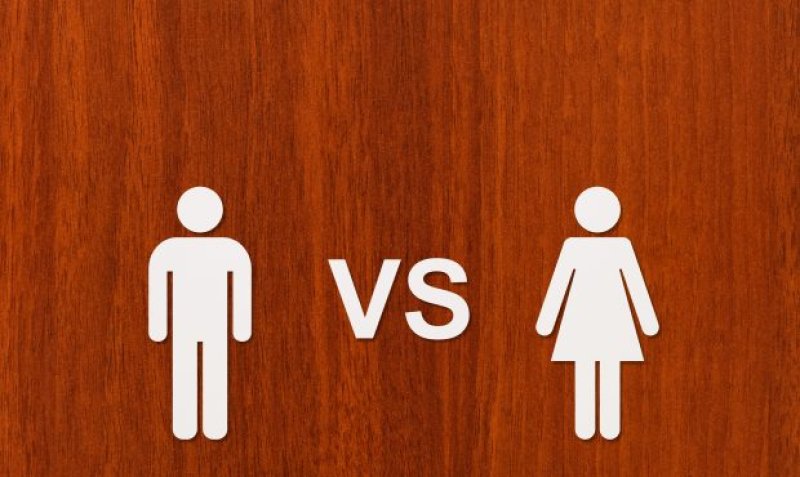According to the CDC, one fifth of American adults live with chronic pain, and women are affected more than men. Do men and women simply vary in how much pain they can handle? Or is there some deeper biological explanation? The short answer is it’s a little of both. But understanding the biological differences can enable researchers to develop more effective treatments.
…
Ted Price, professor of neuroscience at University of Texas, Dallas, examined pain at a genetic level, specifically looking at the patterns of RNA, which are single-stranded molecules that act as a messenger for DNA.
…
“Every cell in your body has DNA, but the RNA that is in the cells is different for every cell type. The RNA in any particular cell type, like a neuron, can change as a result of some environmental influence like an injury. We found a number of genes that are potentially causative factors for neuropathic pain. Those, interestingly, seemed to be different between men and women.”
…
New drugs are now being developed that “might be particularly efficacious in women’s chronic pain,” he says, because they target specific receptors that seem to be involved when only women experience pain.
Read full, original post: Men and Women Experience Pain Differently. Learning Why Could Lead to Better Drugs































